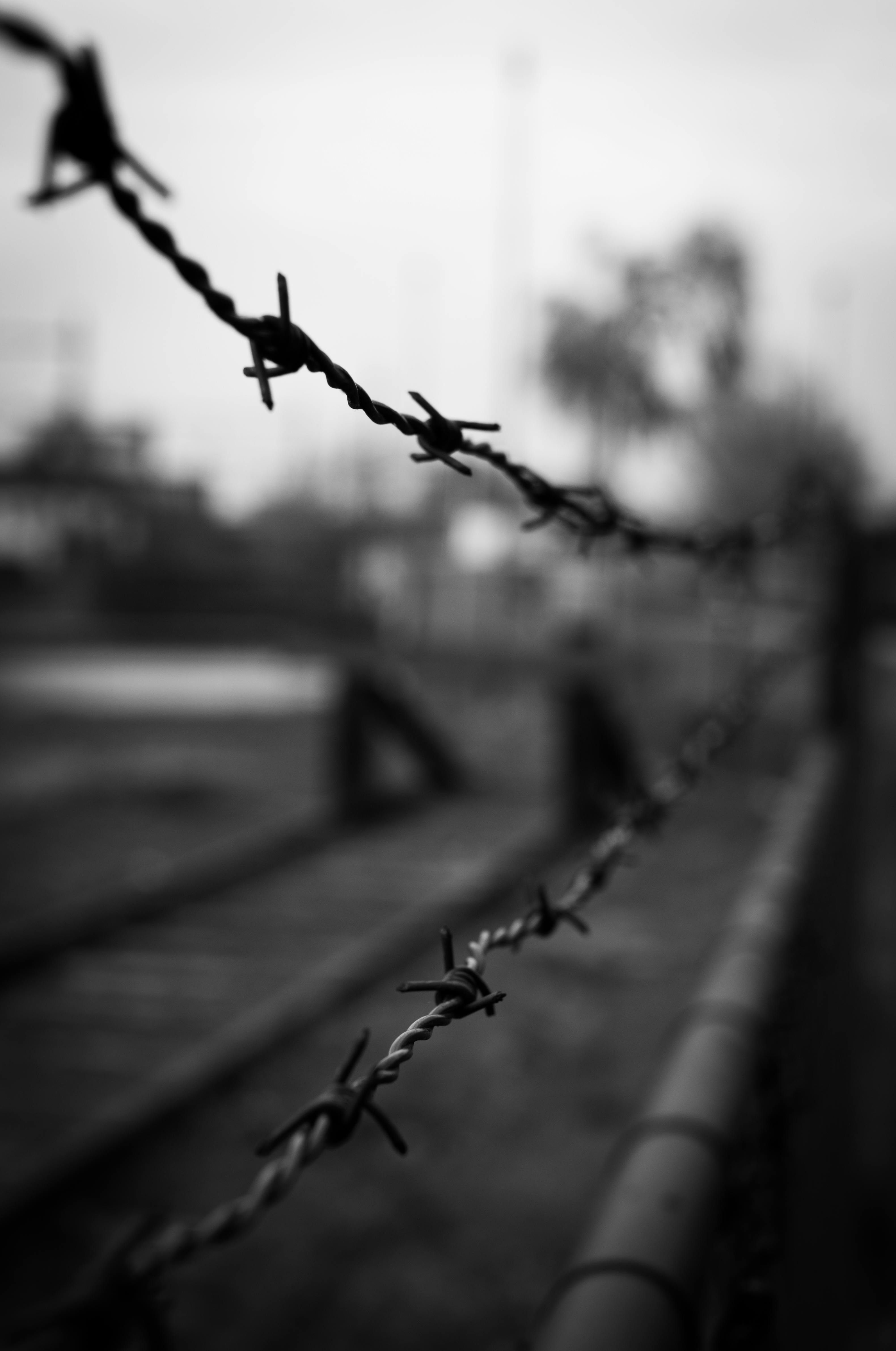
Should juveniles be charged with mandatory life imprisonment without parole?
In 2012, the Supreme Court ruled "no".
Now, a six-member majority ruled that previous sentences of juveniles should be reviewed. This means that an estimate of 1,200 to 1,500 inmates charged with mandatory life sentences barring parole for murder will "have a chance to argue that they should be released from prison". It seems the Supreme Court is continuing to move away from trying children and youth as adults, as the article below quotes: “the ruling’s overarching lesson was that “children’s diminished culpability and heightened capacity for change” cast doubt on mandatory sentences, and that this “harshest possible penalty will be uncommon.”.